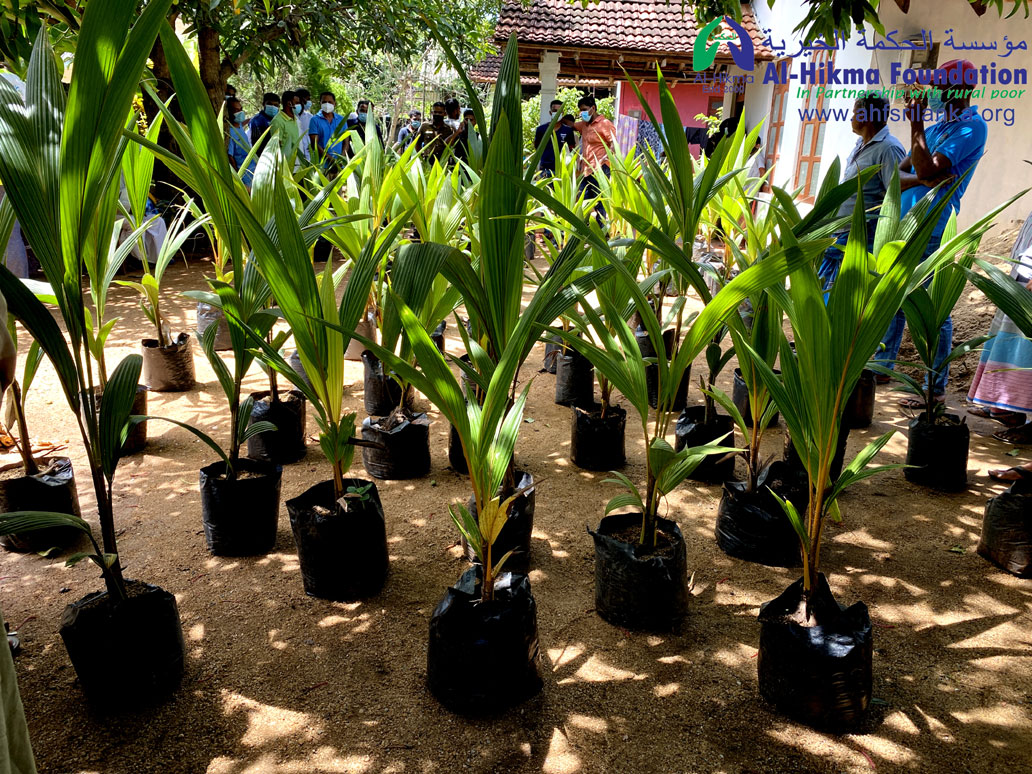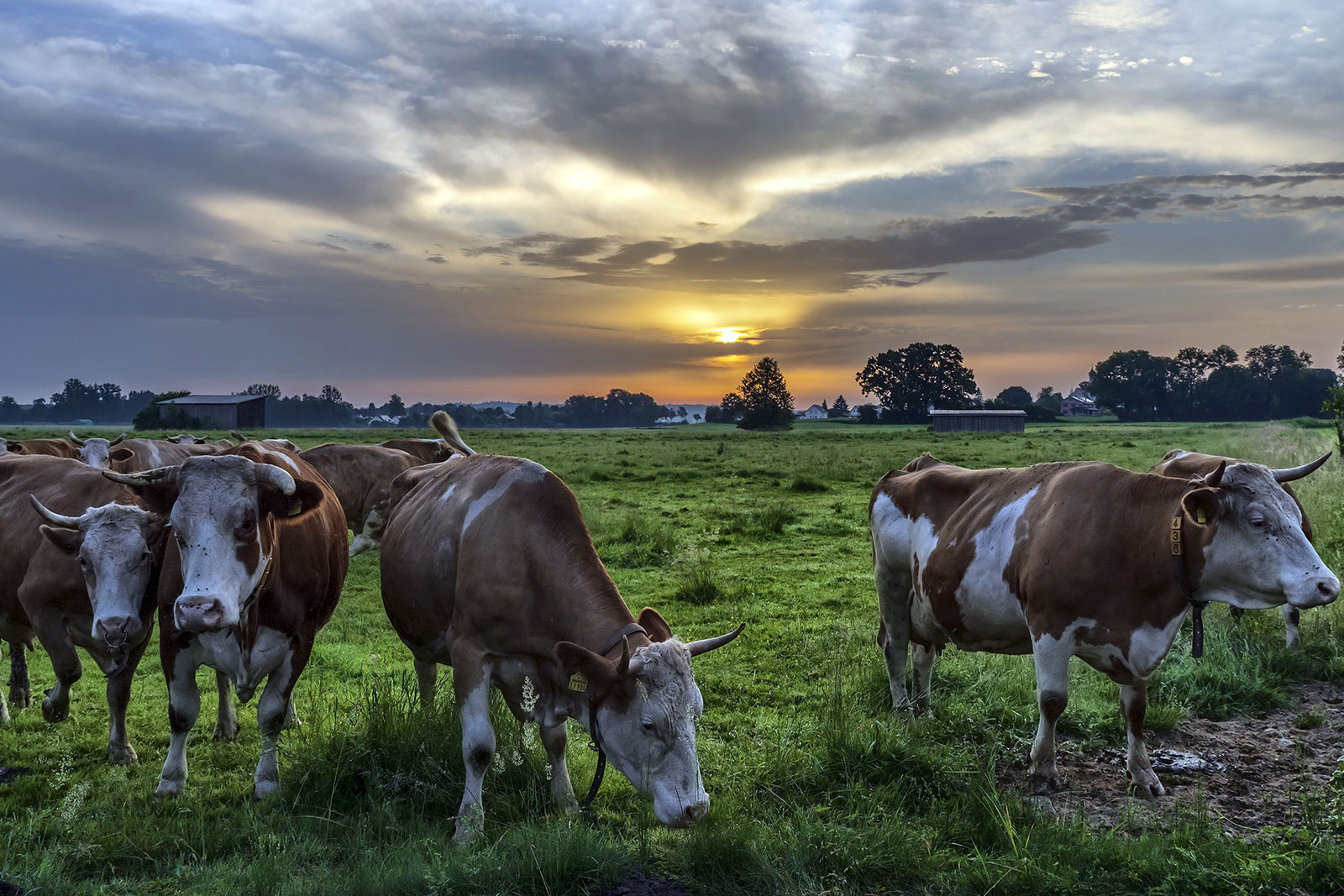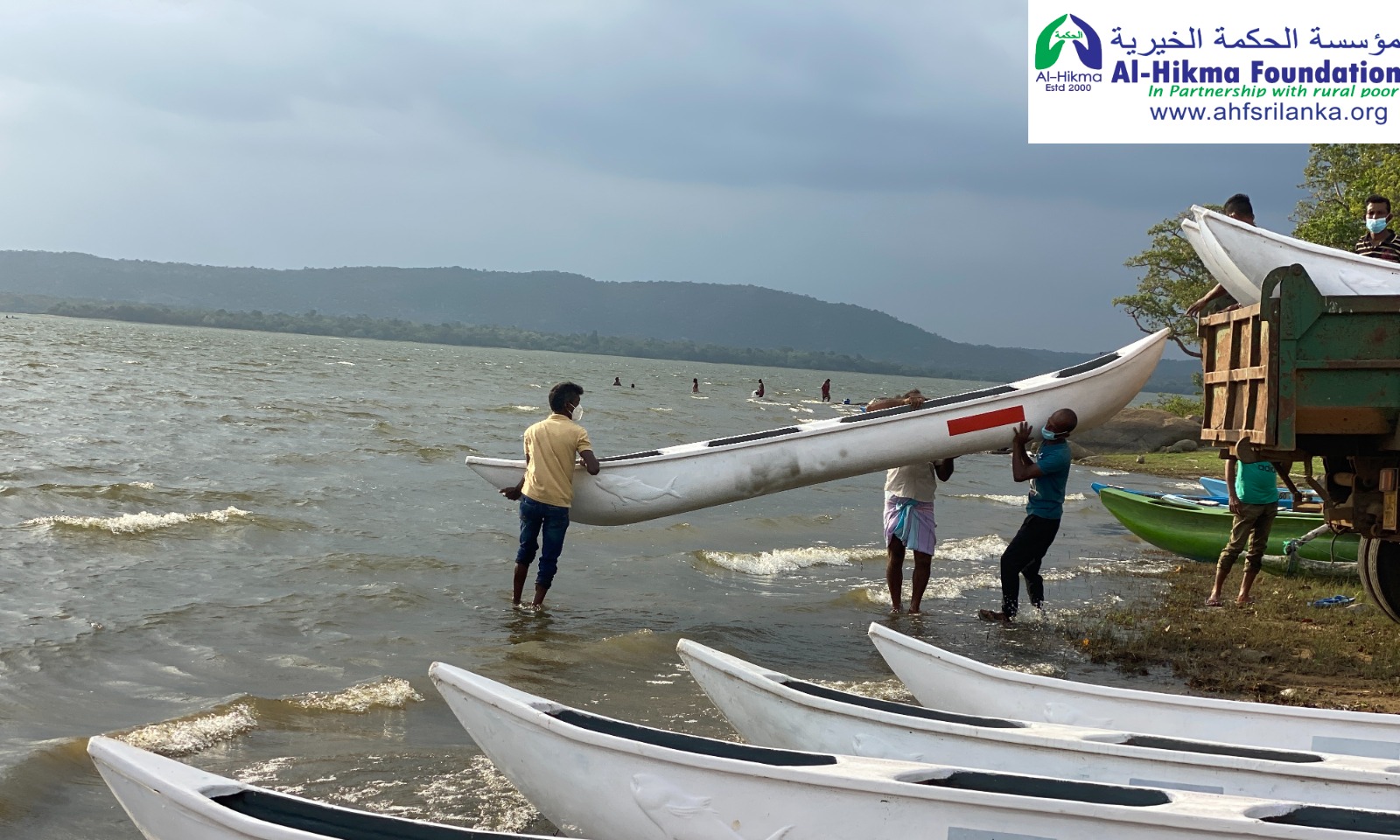
FOOD SECURITY AND LIVELIHOOD
The food security and livelihood development program empower the poorest and most vulnerable families within the focus villages to improve their present living conditions. The purpose is to alleviate poverty by increasing the income and saving potential of rural households through a process that integrates best agriculture and livestock rearing practices in the field with micro-credit. Al-Hikma provides farmers with affordable financial supports along with thorough guidance on how to improve crop yields, take better care of their animals, and invest in asset creation to enhance.
Savings in the future. Micro-loans are also available to educated youth in focus communities to start small businesses that can create diverse sources of non-farming income.
Al-Hikma Foundation tackle’s starvation, food security, malnutrition, and poverty through the provision of food and the opportunities and resources needed for people to generate income for themselves and their family. We implement food security and nutrition projects through a holistic approach to deliver sustainable solutions.
Al-Hikma Foundation is currently working towards the delivery of a community-based-management-system-model (CBMSM), while partnering with other local and international aid agencies to ensure that we create a capacity and developing sustainable livelihood cases for people who are affected with poverty.
Al-Hikma Foundation is working towards breaking the cycle of poverty in the next decade, and this is intended at ensuring that the most vulnerable people are helped to reach their full potential. Al-Hikma and the active participation of the beneficiaries have put emphasis on assisting children, youths, and adults in Sri Lanka to secure and increase their household income through their own efforts by creating, developing, and supporting their income-generating activities (IGAs). This intervention covers initiatives like small business promotion and livelihood development creation schemes for the identified poor households
Under the Sustainable livelihood development program, Al-Hikma has three approaches
- Agriculture Development
- Livestock Development
- Fishing Development
AGRICULTURE DEVELOPMENT

In rural Sri Lanka, a large majority of the households depend on agriculture for their livelihood. Traditional inputs and techniques have historically generated low crop yields. Poor access to finance has been the fundamental impediment for the Sri Lankan farmer in his pursuit for economic prosperity. Majority of rural households engaged in farming barely make enough income to afford basic health and education services, leaving very little in savings for the
farmer to purchase inputs for the subsequent crop cycle. For the overwhelming majority, the informal money lender is their only means for purchasing agricultural inputs.
Exorbitant interest rates trap small-holding farmers in a vicious cycle of poverty. Repayment of usurious debt consumes a majority of the farmers’ income over time, further adding to chronic poverty in rural Sri Lanka.
To mitigate this Al-Hikma is providing affordable and sustained financial assistance to farmers in its focus villages in the form of farming inputs such as seed, fertilizer, equipment, soil nutrients, and pesticides.
The aim is to increase agricultural output in terms of higher yield per acre so that a direct increase in income can occur. After a few crop cycles are financed, savings accumulate, incomes stabilize and the rural poor have an opportunity to break free from the inter generational cycle of poverty.
The Agriculture Development Project has the following objective
- Increasing productivity of the crops
- Developing skills of farmers and providing awareness on modern agricultural methods and inputs through training
- Enhancing incomes and savings on a household level
- Rehabilitation rural based agricultural infrastructure
LIVESTOCK DEVELOPMENT

Livestock is a significant measure of any rural household’s assets. Aside from crop cultivation, livestock rearing is the other major source of livelihood for farmers. Not only does the livestock serve as a ready source of dairy nutrition for the household but it can also be sold off for a sizeable profit bringing a much welcome boost to the farmer’s income. Despite the multiple benefits of livestock rearing, farmers in South Asia are unable to afford it mainly due to a lack of access to affordable financing and adequate savings.
The purpose of this program is to provide financial assistance in adhere to microfinance system for the purchase of livestock animals such as goats, poultry, cows. By encouraging asset creation through herd increases, livestock animals serve as a safety net against economic vulnerability. This program encourages skill development and capacity building of rural farmers by making them aware of better animal Rearing practices such as feeding, hygiene, de-worming, veterinary services, and shelter.
The Livestock Development Program has the following objectives:
- Training on better practices on feeding, health, medication, veterinary services, and shelter in order to improve health of livestock animals in rural areas
- Maximizing animal fattening with special compound fodder to fetch
- Maximum prices during sale of livestock
- Increasing income of livestock farmers to facilitate asset creation in order to ensure economic sustainability
- Providing female goats for herd increase and milk production to multiply assets and provide food security
FISHING DEVELOPMENT

In north and the eastern coastal region in Sri Lanka, fishermen have been gradually facing greater challenges to feed their families from their only source of income, fishing. The ongoing political cries has reduced the capacity of the community to buy fish and similar products and added to the lack of public services and government support. The fishing sector is usually dominated by larger fishing companies that have no regard for overfishing. The practice of commercial and non-commercial fishing on large scale has continued to deplete fishery by catching so many adult fish that not enough remain to breed and replenish the population as timely as before.
With support from international donors, Al-hikma’s aims to improve the food security and resilience of approximately 30,000 fishing families (116,000 households) for the most vulnerable groups in Sri Lanka by focusing on restoring their critical means of income generation and livelihood. The project will provide emergency grants that cover lost or degraded fishing equipment for head-of-household fishermen, who as a result of worsened conditions, have either lost their means of generating income or experienced a drastic impact on their food security and livelihood. The grants will restore the minimum capacity for the target families to allow them to reach better food consumption scores and improve coping mechanisms.
The fishing aqua culture Program has the following objectives:
- Providing Training on better practices production and marketing, new dry fishing production for and improving eco system in coastal areas
- maximum prices during sale of fishing
- Increasing income of fishing community to facilitate asset creation in order to ensure economic sustainability
- Providing new fishing equipment and production to multiply assets and provide food security
